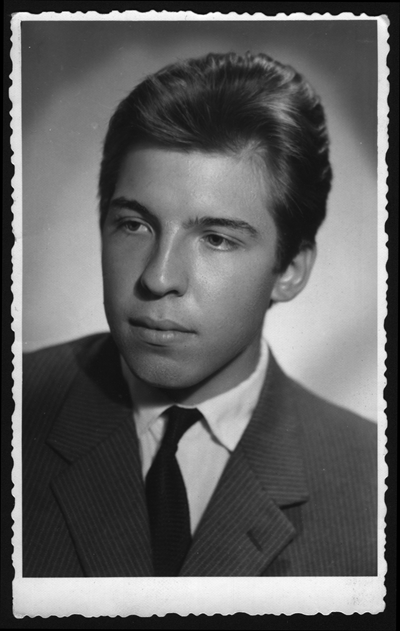
Alfred (Freddie) Pierre Lyubomir Foscolo was born on April 24, 1942, in Sofia to a Bulgarian mother and a French father. His parents met while studying at the Sorbonne and got married in 1939. They initially settled in Sofia, where Alfred’s father founded a French language school. Alfred’s parents were declared foreign agents and enemies of the people by the new totalitarian regime, and in 1949 the family moved to Paris.
After 1958, the Foscolo family was granted permission to visit their relatives in Bulgaria, and Alfred spent his summer holidays there. He formed important friendships but also became aware of the realities of the communist regime. Influenced by the Prague Spring in 1968, Alfred, together with friends, printed and distributed anti-communist leaflets calling for Bulgaria’s integration into Europe and the establishment of a “democratic constitutional parliamentary government”. The leaflets accused the Bulgarian Communist Party of “constant surveillance of the population,” “shameful exploitation,” “discrimination in universities,” and “a policy disastrous for the Bulgarian economy“.
For these leaflets, Alfred was arrested and sentenced after a show trial to fifteen years in prison for espionage. He was secretly arrested on August 28, 1968, on the train departing Sofia for Paris, after a trip to Bulgaria to marry his beloved Rayna—a marriage forbidden by the authorities. He spent three years of his sentence as a political prisoner in the Stara Zagora prison. He was released ahead of the end of his term, on April 30, 1971, following diplomatic intervention, and left Bulgaria.
Alfred, however, had a reason to return—to take Rayna out of Bulgaria. Rayna herself had also been sentenced and spent time in the Sliven women’s prison for her role in distributing the leaflets. After several unsuccessful attempts to get her out of the country legally and illegally, in 1971 Alfred finally managed, in a scene worthy of a spy film, to smuggle his wife and their elder daughter out of Bulgaria under false identities. They crossed the Bulgarian-Turkish border with forged passports and altered appearances. Alfred and Rayna settled in France with their two daughters, Susanna and Mona.
Back in Paris, Alfred did not abandon his cause. In the 1980s he supported civic organizations in Bulgaria fighting for human rights and worked to raise the visibility of the Bulgarian cause in France. Together with his friend Anton Mashev, he managed to help Petar Boyadzhiev—another opponent of the regime and a political prisoner in totalitarian Bulgaria—escape the country. Alfred established his own construction company in Paris. Nowadays, a retiree, he spends much of his time in Sofia, where he currently lives. He published his memoirs in French under the title “J’ai fait ce que j’ai pu: Curriculum vitae” (I Did What I Could: Curriculum Vitae), which was later translated into Bulgarian and published by Prozorets Publishing House.
-------
The testimonies published here present survivors’ personal memories and accounts and reflect their individual experiences. They do not substitute professional historical research and may contain inaccuracies.
-----
Sources: Foscolo, Alfred. I Did What I Could -- Curriculum Vitae. Prozorets Publishing House, 2025.; Bulgarian National Television – Open Files series; witness testimonies and archival documents.
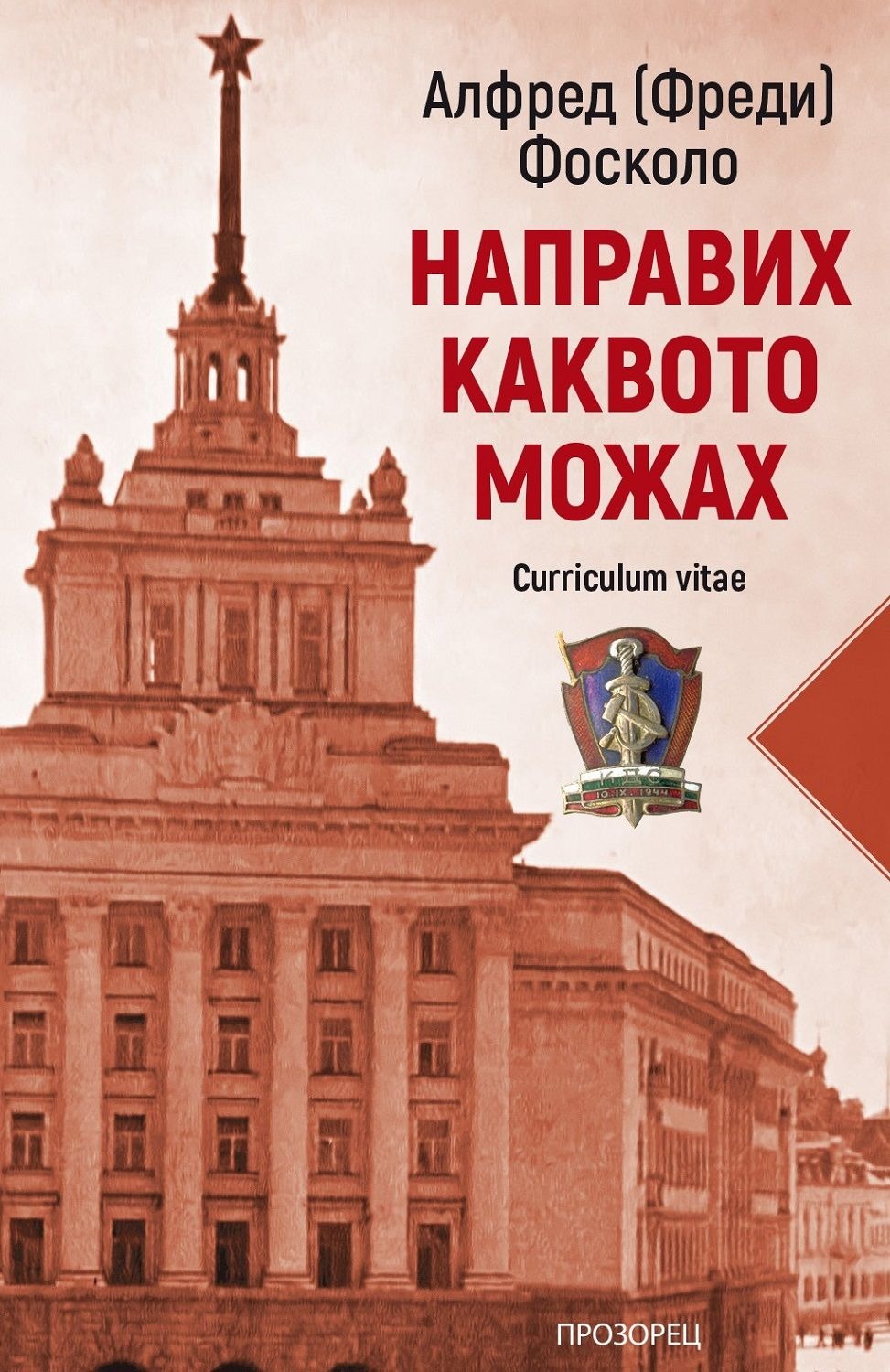
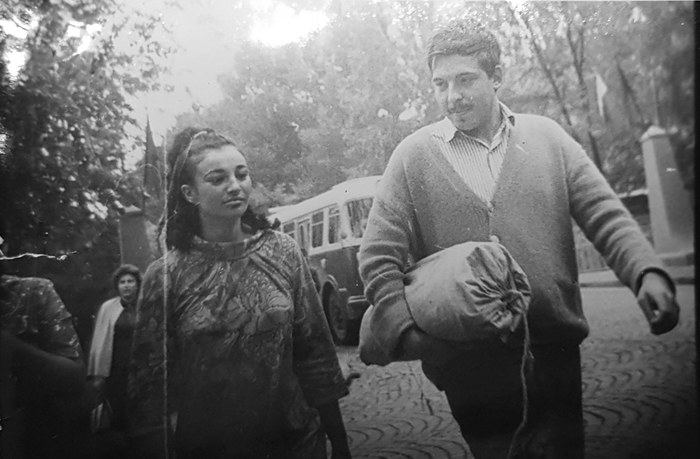
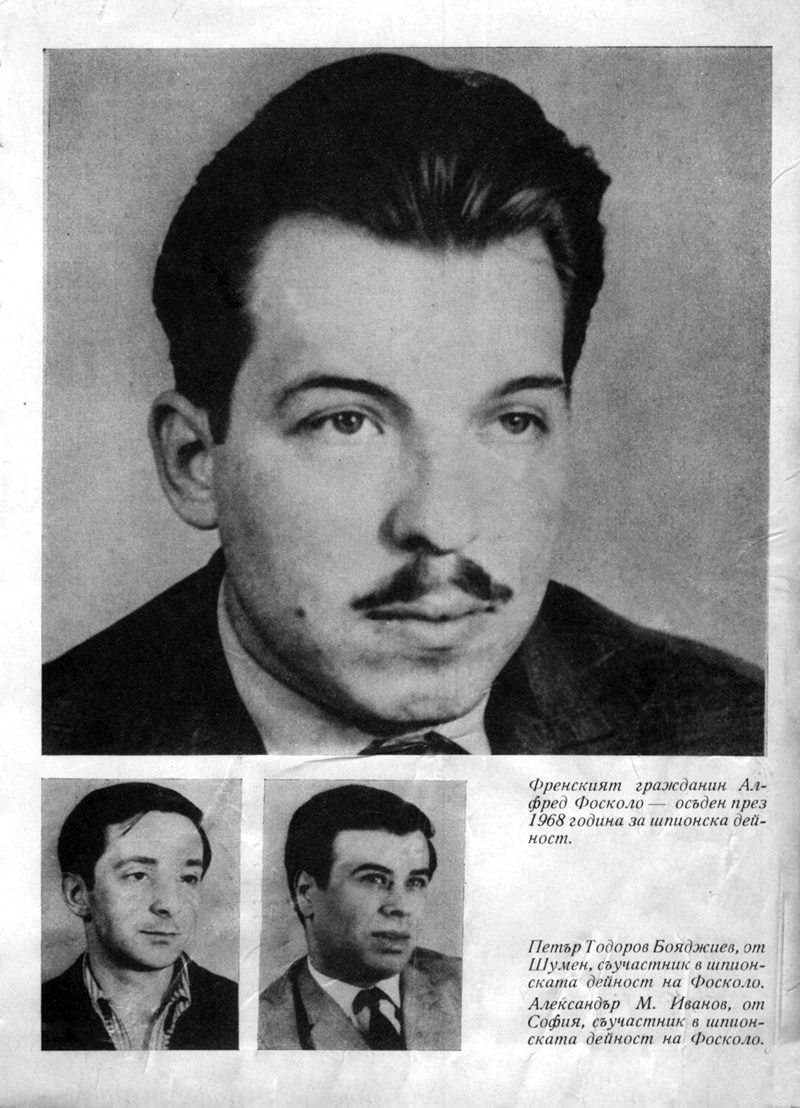
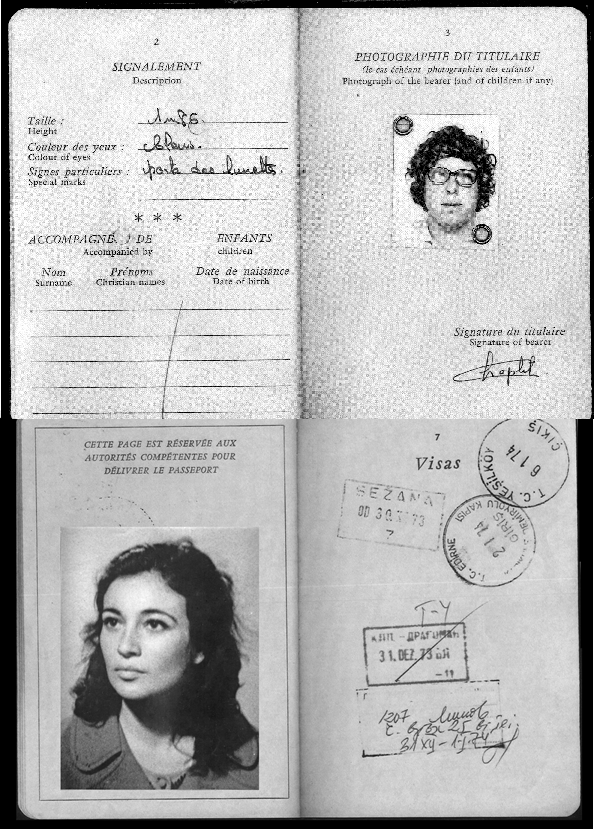
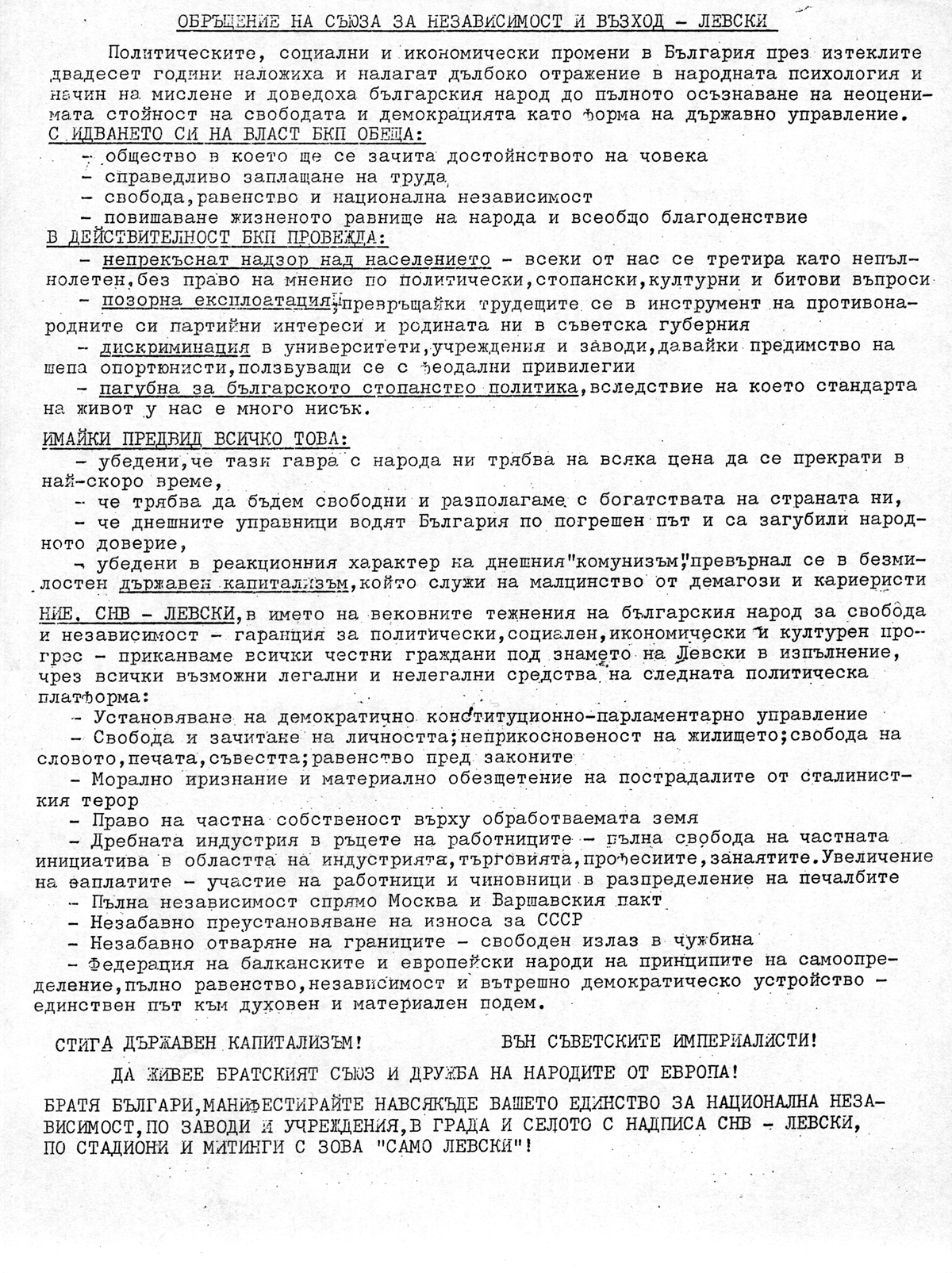
4 years and 4 months in labor camps
Offense: anarchist
9 months under arrest and in a camp
Offense: son of a provincial governor in the Kingdom of Bulgaria
42 days in the Sunny Beach camp near Lovech
Offense: "hooligan", son of a member of the opposition
9 months under arrest and in a camp
Offense: an attempt to escape from Bulgaria
2.5 years under arrest and in a camp
Offense: participant in the anti-communist resistance
3 years under arrest, in a camp and prisons Offense: Agrarian, member of the opposition
3 years and 1 month under arrest and in and political prison
Offense: participant in the anti-communist resistance
In 1961, Zheko was sentenced to death for resistance to the communist authorities. Subsequently, his sentence was changed to lengthy imprisonment.
In 1964, Zheko Stoyanov received an amnesty and was released from the Stara Zagora prison. In order to earn his living, he did hard manual labor, working as a porter, a painter on construction sites, and a miner. For twenty-two years he worked in underground mines.
After the democratic transition of 1989, Zheko Stoyanov entered politics and in 1997 he was elected a member of parliament for the United Democratic Forces. At the age of sixty, he completed a degree in economics.
2 years and 8 months under arrest and in political prison
Offense: dissemination of anti-communist leaflets
After 1958, Alfred was granted the right to travel to Bulgaria, where he spent his summer holidays. There he got to know the new reality of the country and met other like-minded individuals who were dissatisfied with the regime and with whom, in 1968, he distributed printed leaflets against the Communist Party.
Arrested on August 28, 1968, for the distribution of these leaflets, Alfred was sentenced as a spy to fifteen years in prison, of which he served three in the Stara Zagora prison. Following diplomatic pressure, he was released on April 30, 1971, and left Bulgaria. He later returned to illegally take his beloved out of the country, succeeding through a complex and risky plan.
After settling in France, Alfred actively collaborated with groups fighting for human rights in Bulgaria and helped illegally take other political prisoners out of the country. He currently lives in Sofia.
Four years in camps and in forced resettlement
Offence: disagreement with the change of Turkish names to Bulgarian




